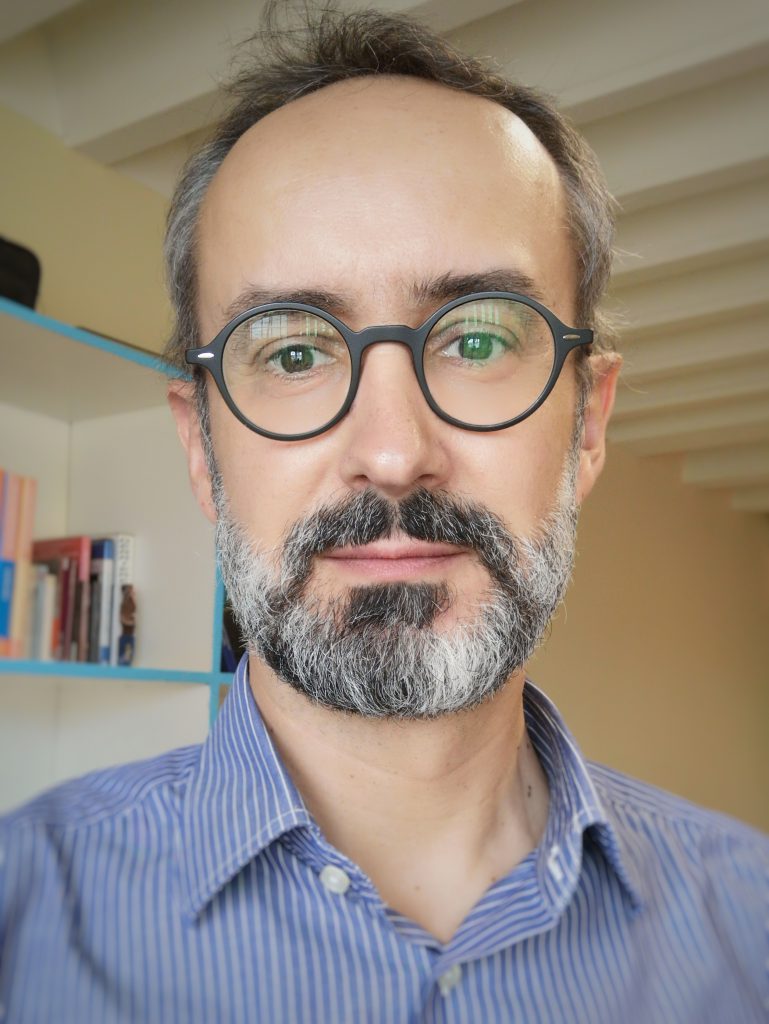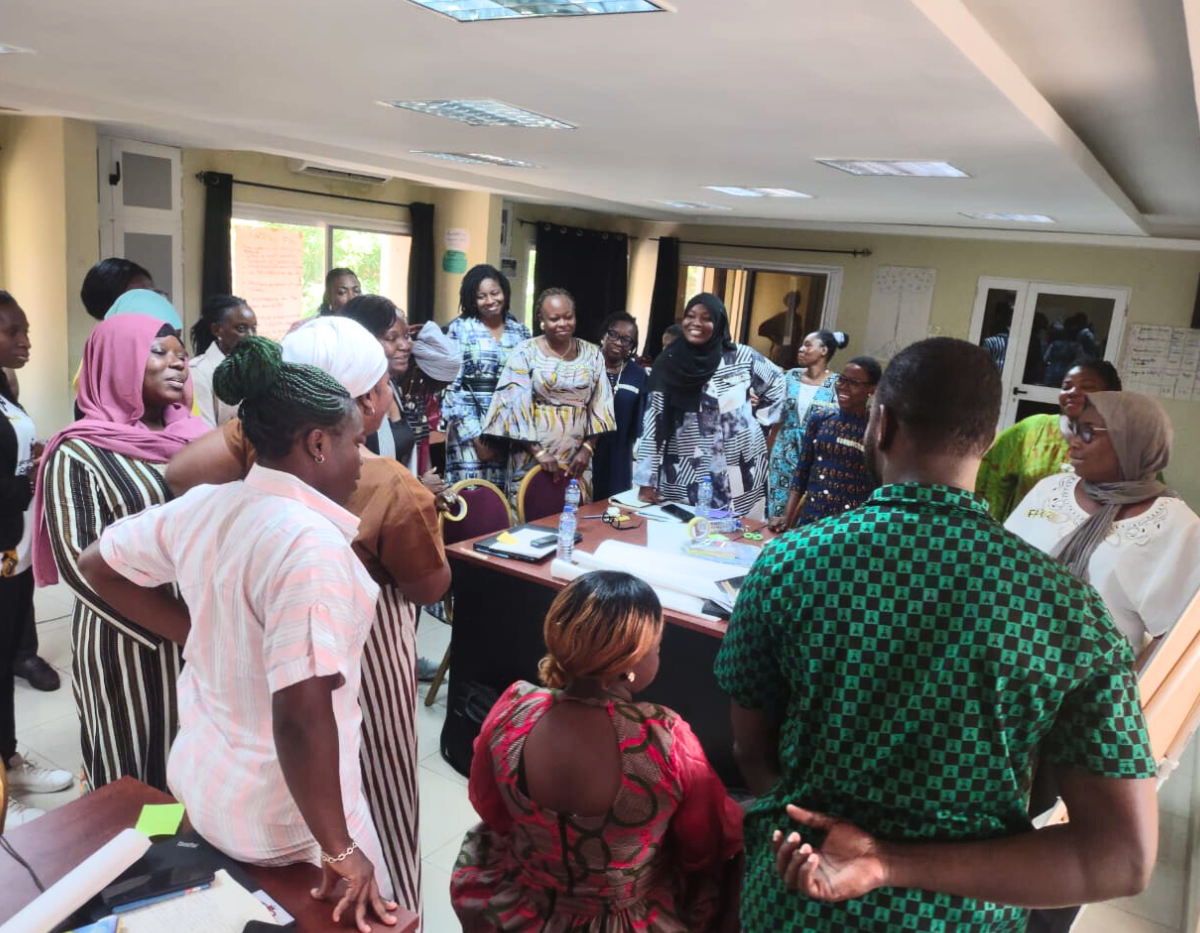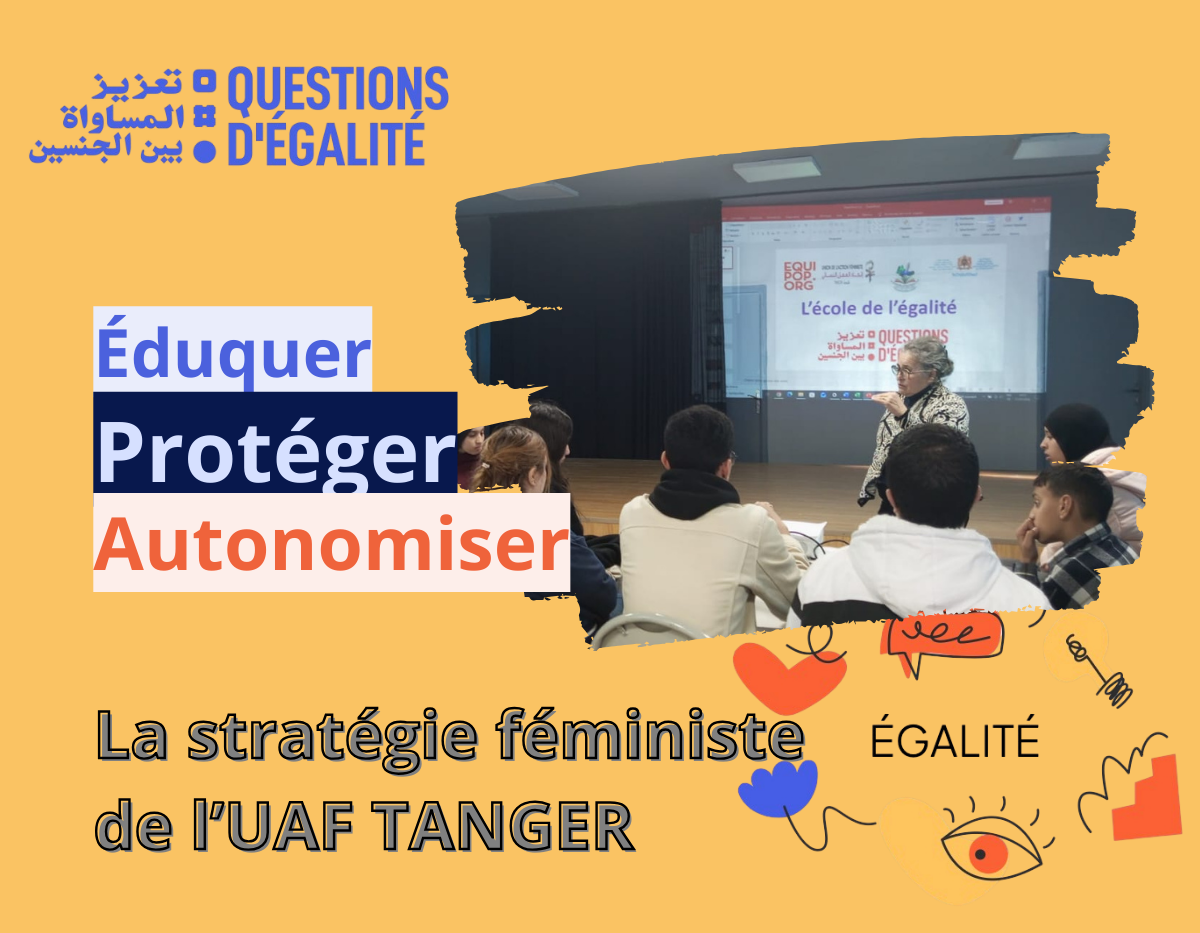
Xavier Hospital is UNESCO’s Regional Health Education Adviser in West and Central Africa.
From UNESCO’s perspective, what are the main challenges for comprehensive sexuality education (CSE) in West Africa?
Let me begin by commending the efforts of countries that are actively strengthening their CSE programs. Next, we must recognize that many children and youth in the region do not yet have access to good-quality CSE, despite studies highlighting its benefits. There are several reasons for this, including resistance from some parents, teachers or decisionmakers; such resistance is usually caused by misunderstandings about the nature, purpose, and effects of CSE. In addition, the education sector has gaps in analysis and planning, teaching and learning, and in cross-curriculum coordination. National governments need appropriate strategies for integrating CSE into education plans; governments must also create solutions for gender-based violence in schools. Teachers need better training. Finally, in order to ensure young people’s access to appropriate services, collaboration between education and health officials, and other professionals, needs to improve.
UNESCO and UNFPA are spurring a movement for CSE in West and Central Africa: can you tell us about that campaign?
We meet an increasing number of national leaders who recognize how CSE can foster healthy citizens who are educated and able to contribute to the economic and social wellbeing of their society. These leaders need a supportive policy environment in order to expand good-quality CSE programs. For this reason UNESCO and UNFPA have begun advocacy efforts to persuade education and health ministers to commit to providing CSE and SRHR in West and Central Africa. Representatives from several regional organizations have already met; they formed a technical working group to drive the engagement process. They represent UN agencies, regional economic communities, youth networks, bilateral donors and, of course, CSOs such as Equipop.
In your opinion, what place do Equipop and other civil society organizations have in this regional dynamic?
A large number of actors must be mobilized; organizations such as Equipop play a very important role in the region’s engagement process. These organizations’ knowledge of the field and local actors puts them in a good position to identify strategic partners, plus they can guide and conduct advocacy activities. They can also ensure that the voice of the civil society is truly heard during consultations and that important issues are not forgotten. At the national level, organizations such as Equipop can strengthen coordination among partners – a very important element for effective advocacy and equally important for conducting coherent CSE programs that operate under the auspices of national governments.





